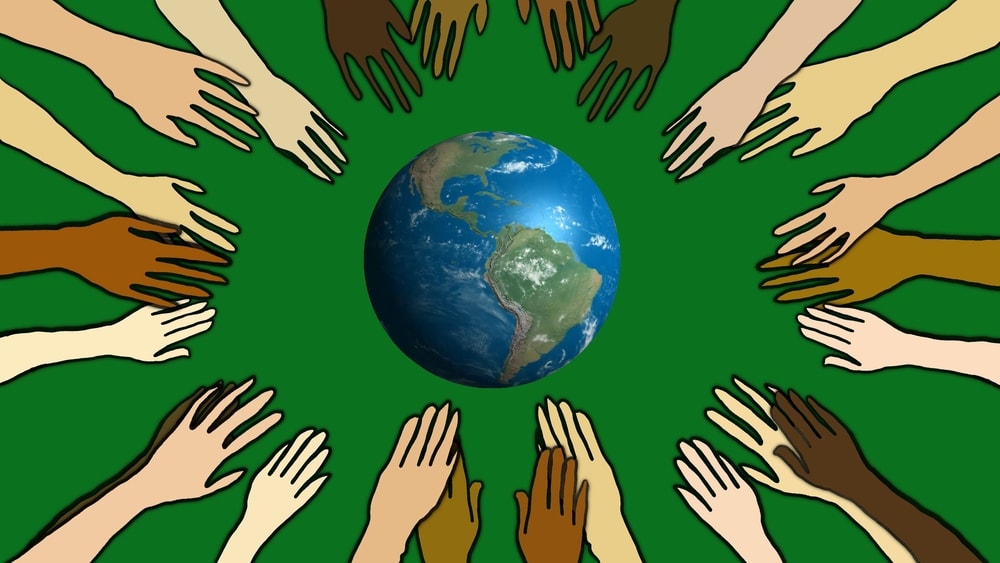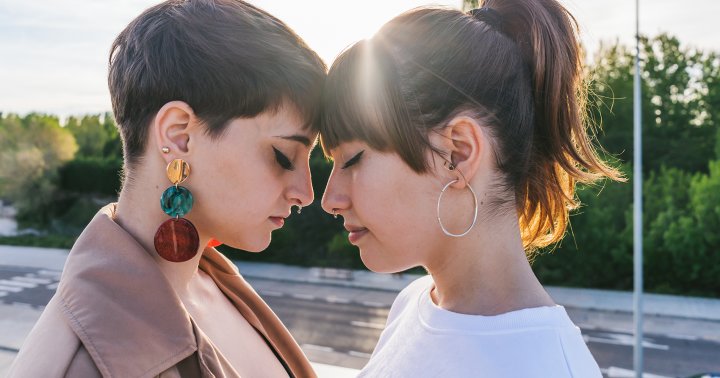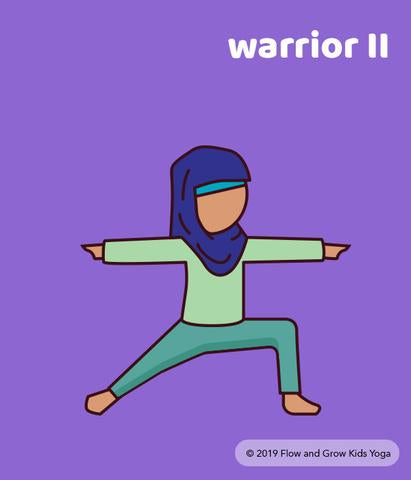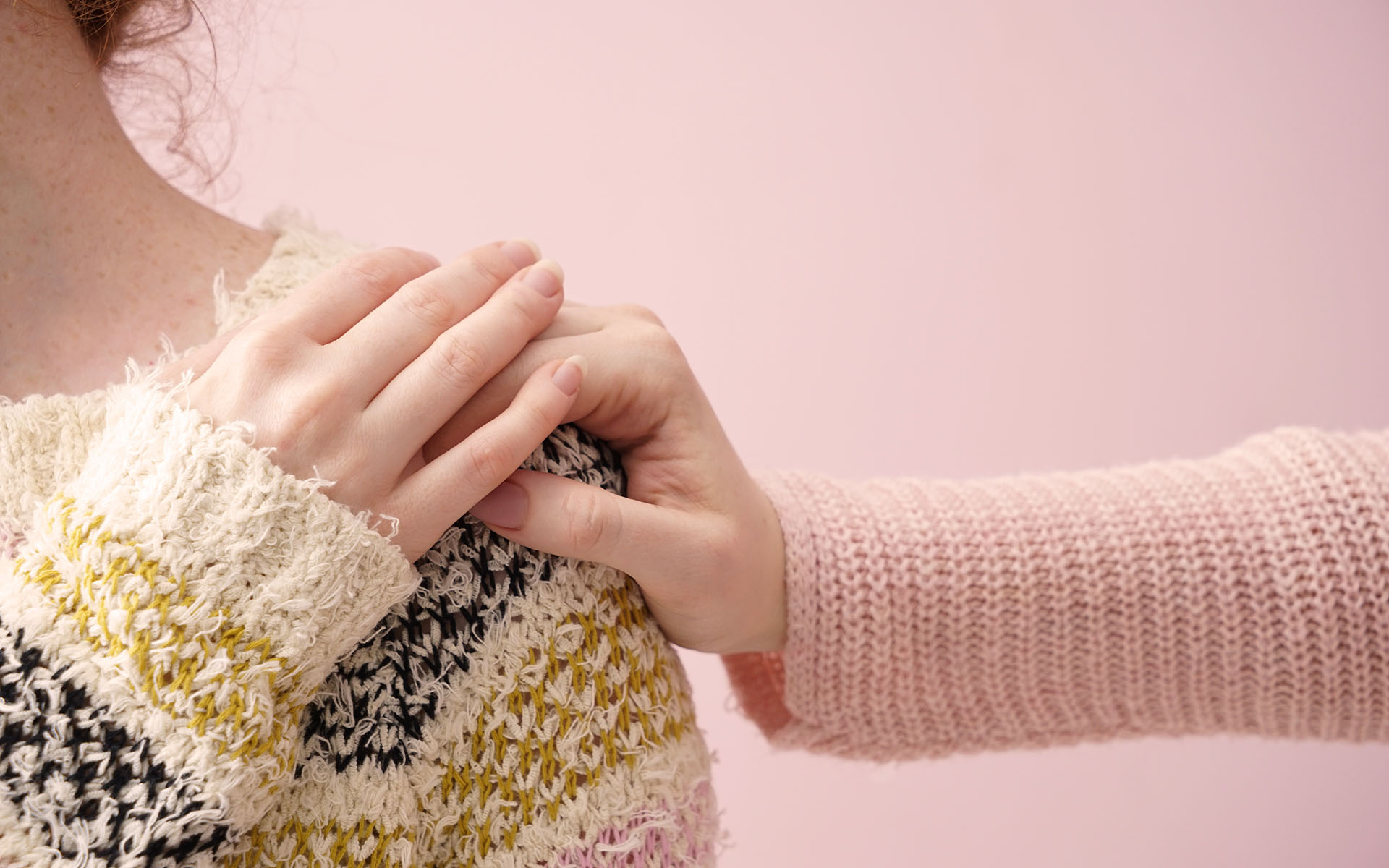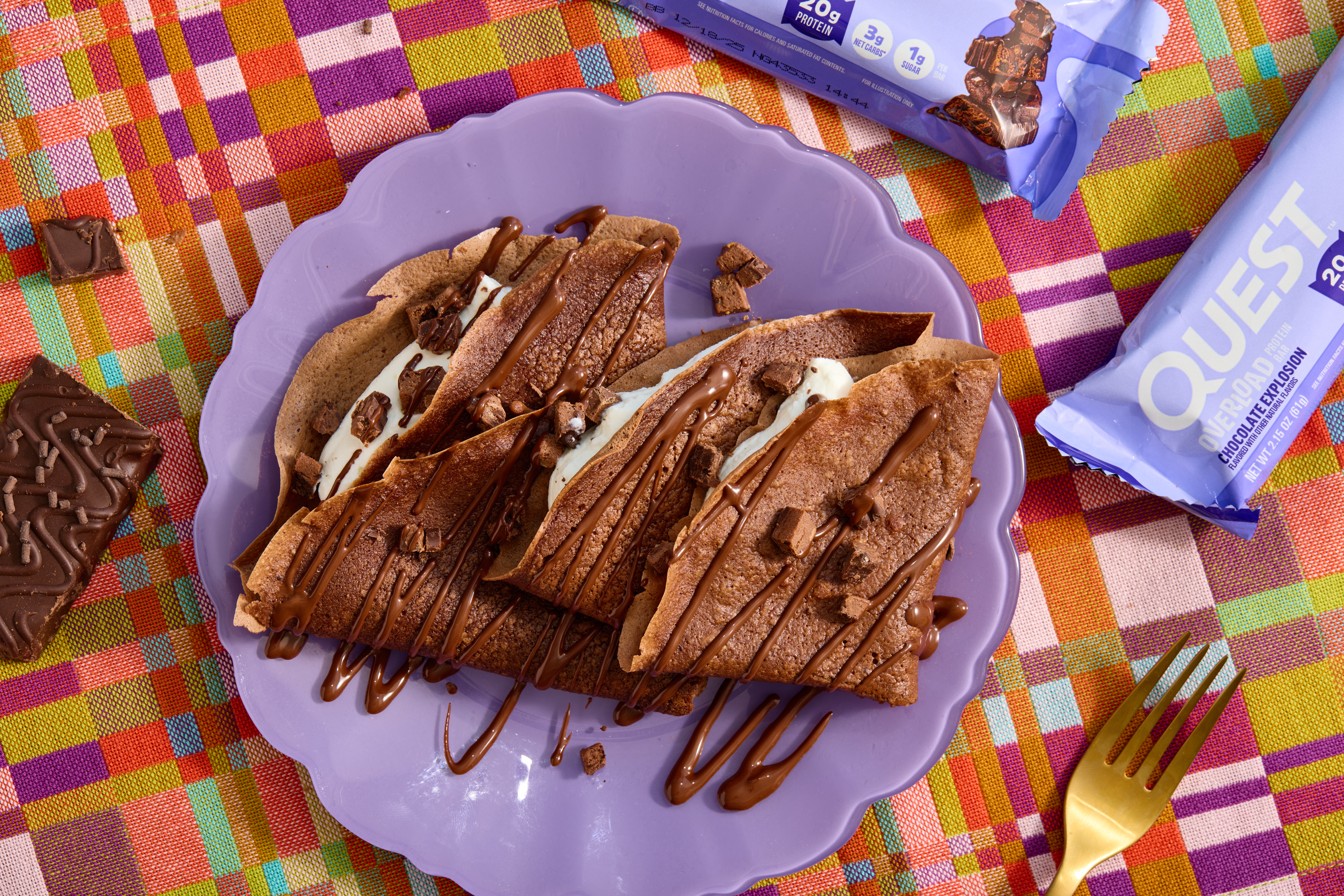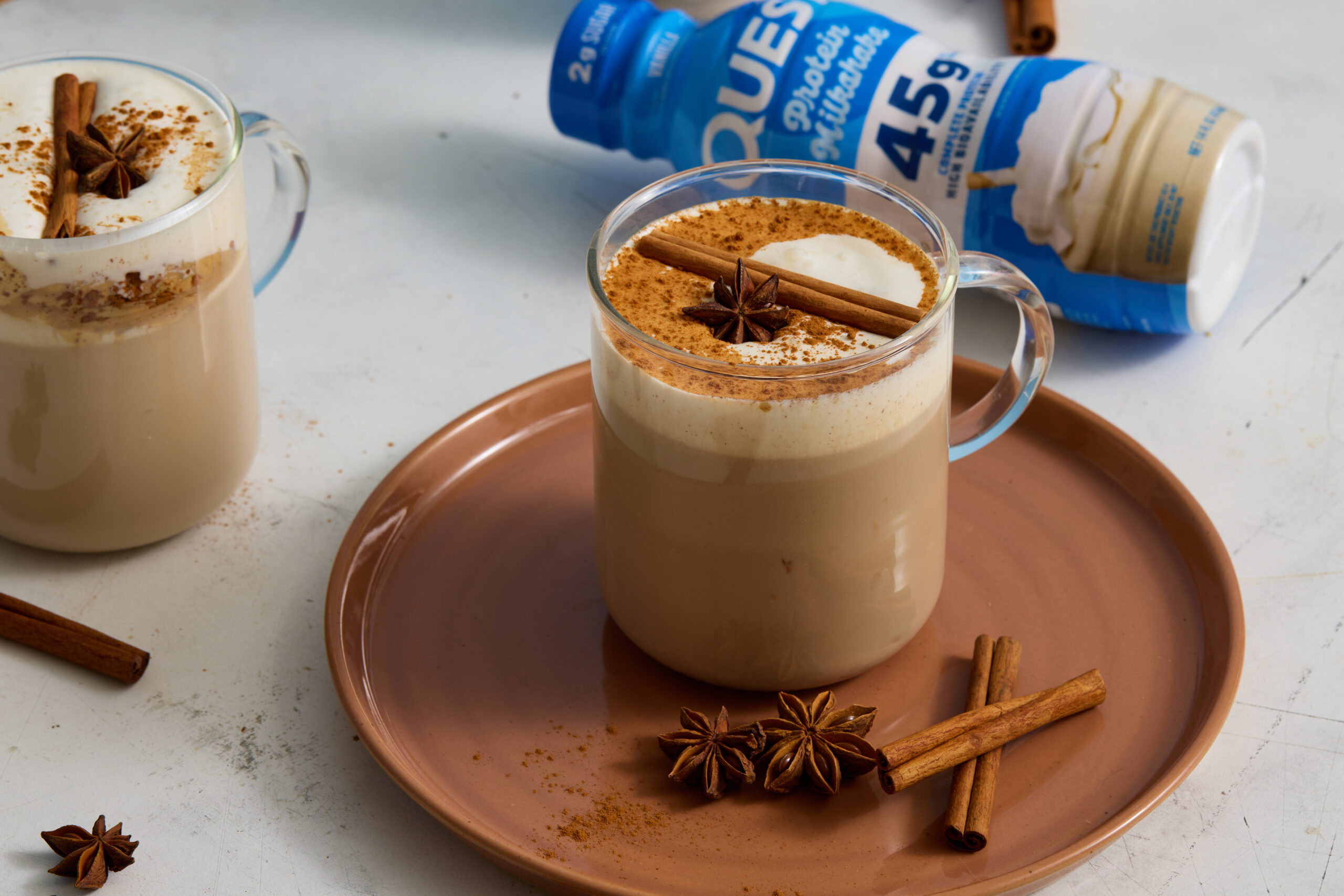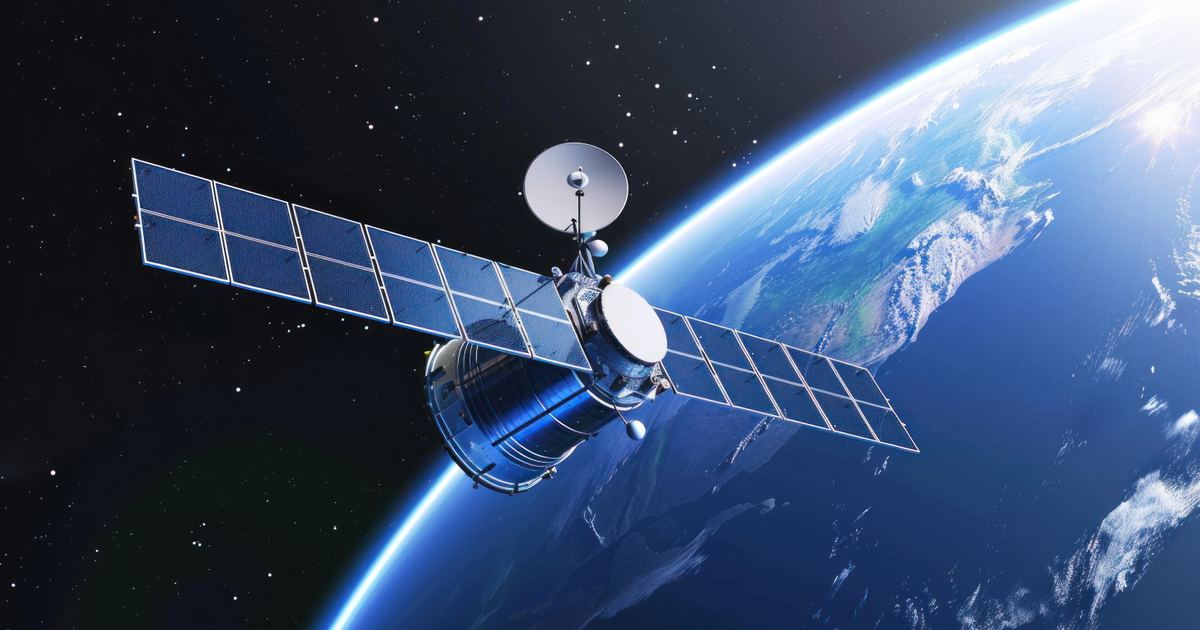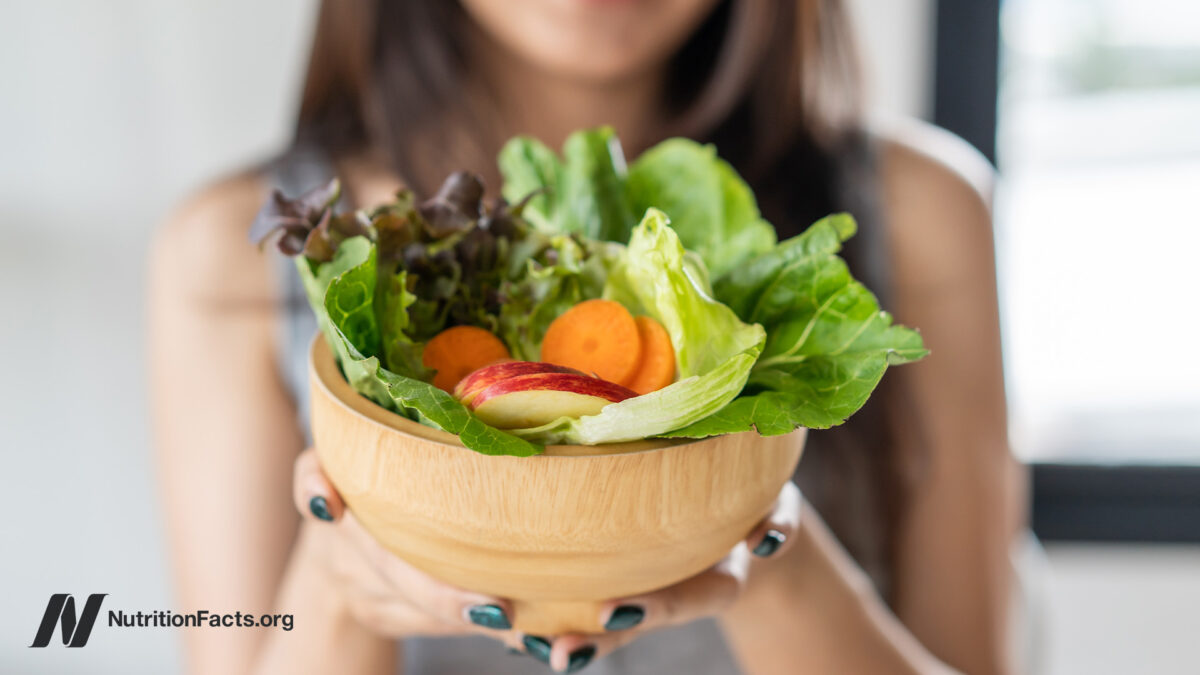It's Time To Settle The Coffee vs. Matcha Debate: Which Is Actually Healthier?
Who will come out on top?
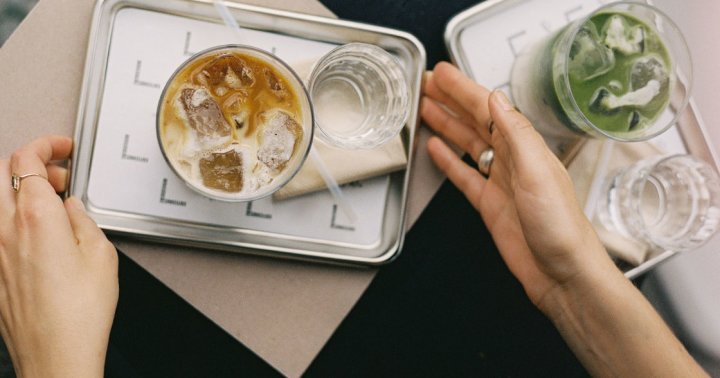
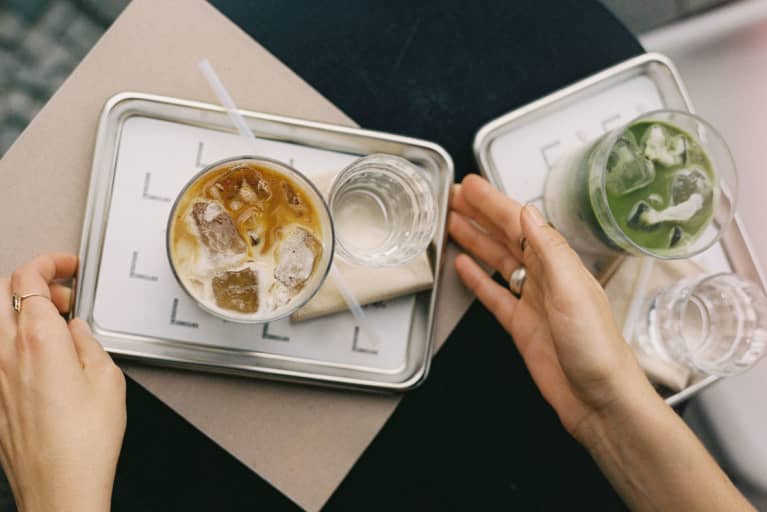
Sometimes it feels like if it wasn't for caffeine, the nine to five hustle would be nearly impossible to get through. For many people, their morning coffee (or matcha) is the one thing making the hours pass more easily, fueling them with a natural boost of energy, that also tastes delicious. But have you ever wondered if one caffeine source is actually better for your body than the other?
Benefits of matcha vs. coffee
Matcha is a wildly popular green-tea powder made by taking the leaves and grinding them into the signature bright shade we all know.
Functional Nutrition Training
A cutting-edge nutrition deep dive taught by the world’s foremost health & wellness experts.

“Matcha is more alkaline than coffee with almost the same caffeine content,” Ella Davar, R.D., CDN tells mbg. The lower acidity means matcha may also be a better choice for anyone with a sensitive stomach. “Matcha has practically no downside, other than being expensive (the high quality kind), and requiring time and energy to make.”
This variation of green tea is also rich in L-theanine which provides a number of overarching benefits to your health. Research suggests that this amino acid can have an “anti-stress” effect on the body, and combined with the caffeine from matcha, you may experience a natural boost of energy and alertness.
Not to mention matcha is loaded with nearly three times as much of the antioxidant EGCG than other green teas, supplying the body with a slew of healthy properties. One review analyzing the benefits and chemical makeup of matcha found that its antioxidant content can help neutralize free radical damage and even aid in natural detoxification.
As for caffeine content, matcha boasts 70 milligrams, offering a significant boost of energy in the morning if you're often groggy or didn’t quite get enough sleep.
Coffee is undeniably a fan favorite energy booster across the world, but that isn’t the only benefit this bitter beverage lends to your health. “Coffee is high in polyphenols, antioxidants and energy stimulating caffeine,” explains Davar. Why is this a good thing? A sizable study in published in the European Journal of Clinical Nutrition observed 676 healthy elderly men in Europe, over the course of 10 years. The results revealed that participants who drank coffee struggled less with cognitive decline than those that did not. While there wasn't a controlled intake of coffee, researchers found the least cognitive decline for men who consumed three cups per day.
Your cup of joe might also support longevity, new research reveals, with one large study explaining that "higher consumption of coffee was associated with lower risks of death, and in particular, mortality due to digestive and circulatory diseases," as reported by the Annals of Internal Medicine.
Coffee has also been known to get digestion moving: functional medicine doctor Wendie Trubow, M.D., MBA previously told mbg that "it is clear that coffee increases the activity in your gut, called peristalsis."
That said, it's still unclear to experts why this occurs. "The warm temperature of the liquid may stimulate motility," integrative gastroenterologist Marvin Singh, M.D. adds—which means this benefit may not be exclusive to coffee.
In terms of caffeine, a cup of black coffee provides 96 milligrams per eight fluid ounces, packing quite a punch in comparison to its matcha counterpart.
Although both coffee and tea are accompanied by some significant benefits to your well-being, coffee can be particularly difficult to drink if you have a sensitive stomach. “Coffee is a highly acidic food, which can be problematic when consumed in excess or by those with sensitive digestive tracts,” warns Davar. However, cold brew coffee is significantly less acidic, and therefore less harsh if you want the coffee taste and benefits, without the stomachache.
Having too much caffeine in general can also bring about uncomfortable side effects, like worsened anxiety, dehydration and jitters, so keep this in mind before sipping on that fourth cup of coffee in the afternoon.
If you’re more prone to anxiety or stress, the soothing properties of matcha will better serve your needs in comparison to a cup of joe which is important to consider when making your choice.
Seeing as matcha, in Davar's words "has virtually no downsides" to your overall well-being, it seems the bright green beverage wins this round.
Beyond the most common function of enjoying coffee or matcha as energizing beverages, both ingredients are quite versatile in their preparations, and even uses within the skincare realm.
If you're looking for an easy way to boost your collagen intake, try mixing a serving of collagen into your hot drink each morning. (Here are our favorite ways to serve collagen in coffee, if you need inspo!)
Skin feeling dried out and in need of exfoliation? This DIY coffee scrub will do the trick for clearing away dead skin cells and revealing your healthy glow from within.
Both coffee and matcha can also be lovely flavor additions to different dishes, particularly homemade desserts—like this dairy-free ice cream recipe.
As for the healthiest way to prepare your coffee? Check out these eight coffee-boosting tips.
Neither coffee nor matcha are going to harm your body if you consume them in moderation, and they can both offer support for your energy levels and cognitive function, through their caffeine and antioxidant content. However, if you’re looking to reap health benefits with fewer caffeine jitters and less acidity, matcha is the way to go.
“For those who love to enjoy coffee flavor and the remarkable health benefits of matcha tea (including myself!) I recommend having matcha three to four days per week, and coffee one to three times per week,” Davar suggests, so you can have the best of both worlds.
https://www.mindbodygreen.com/articles/coffee-vs-matcha

 Troov
Troov 








